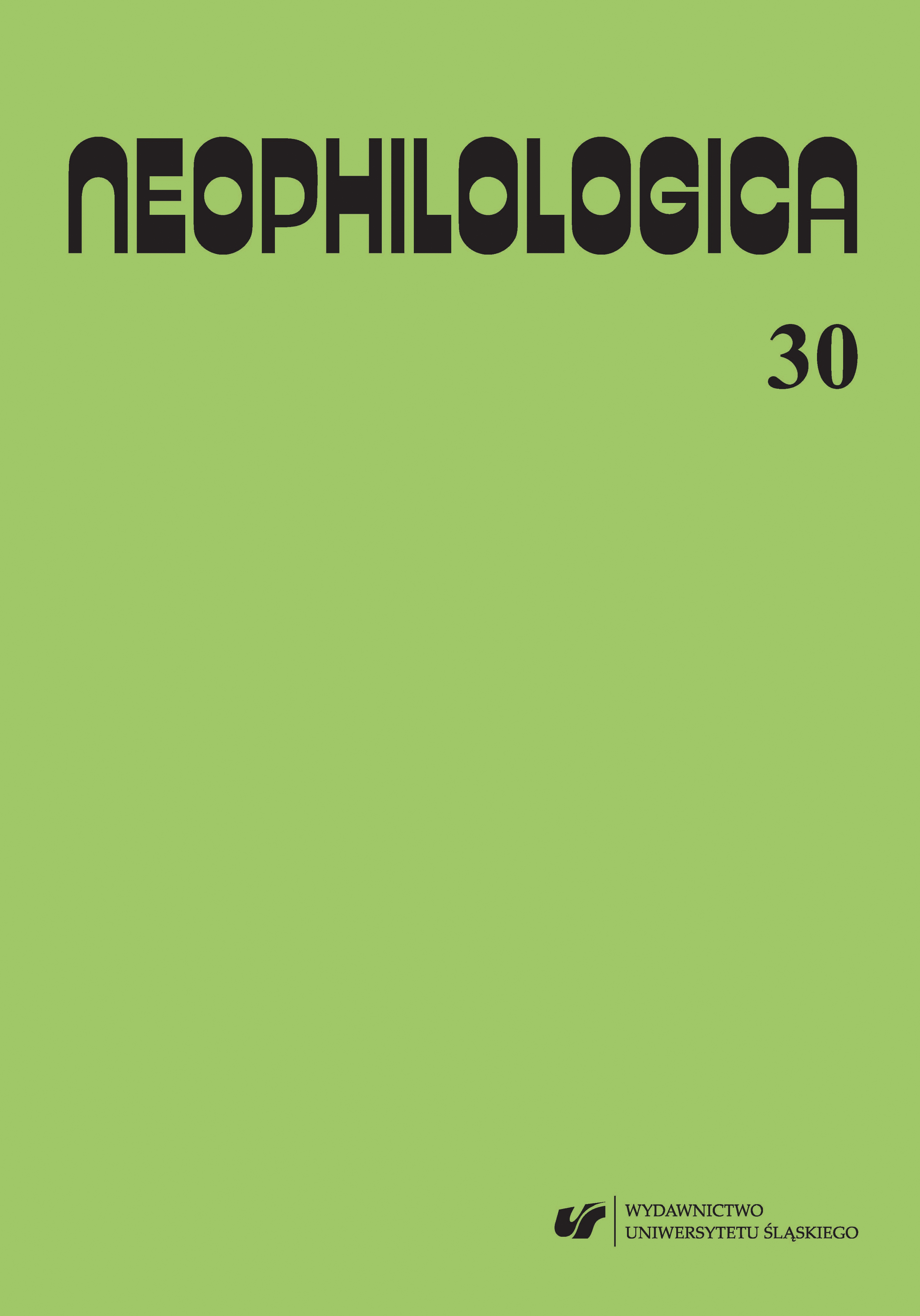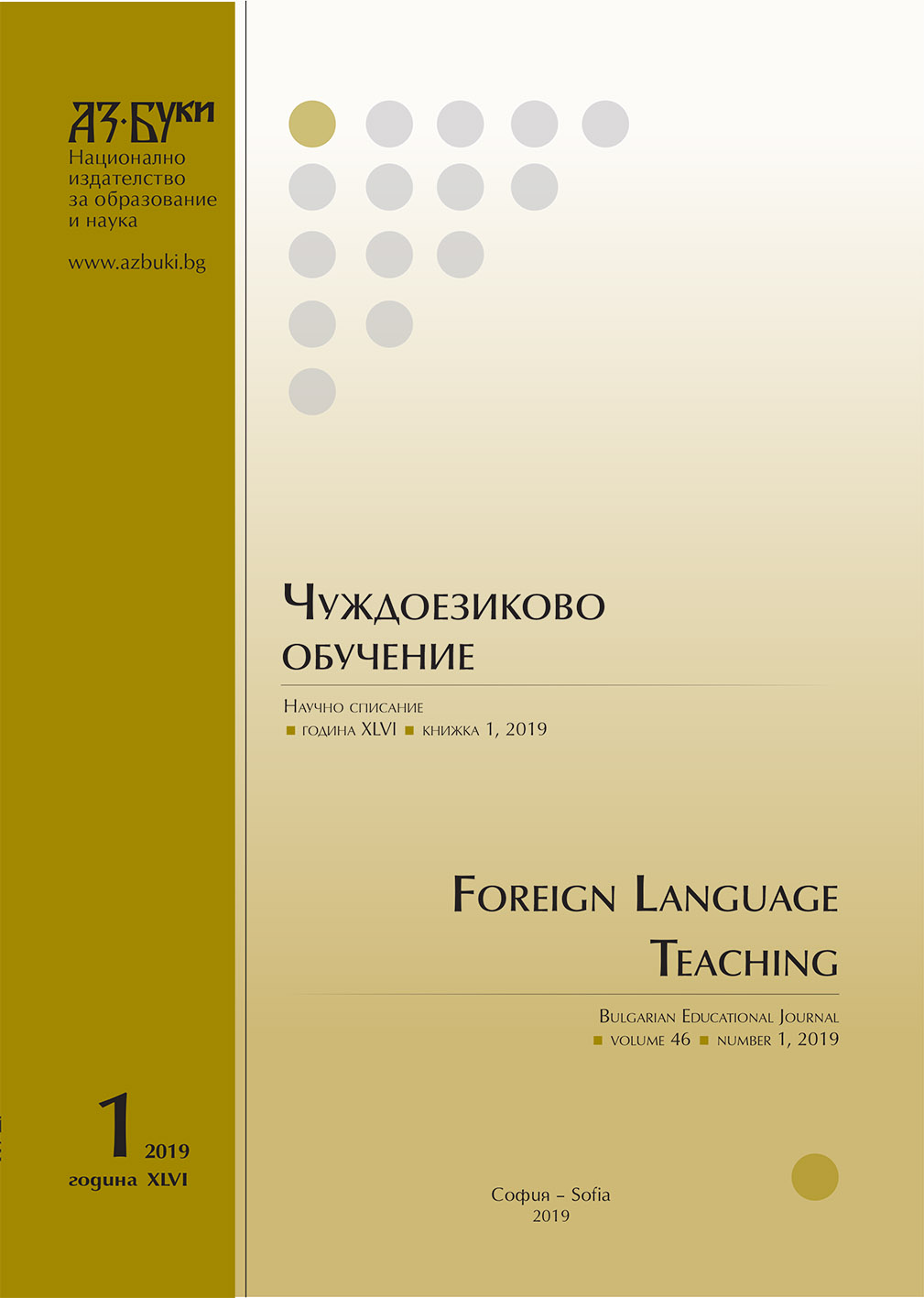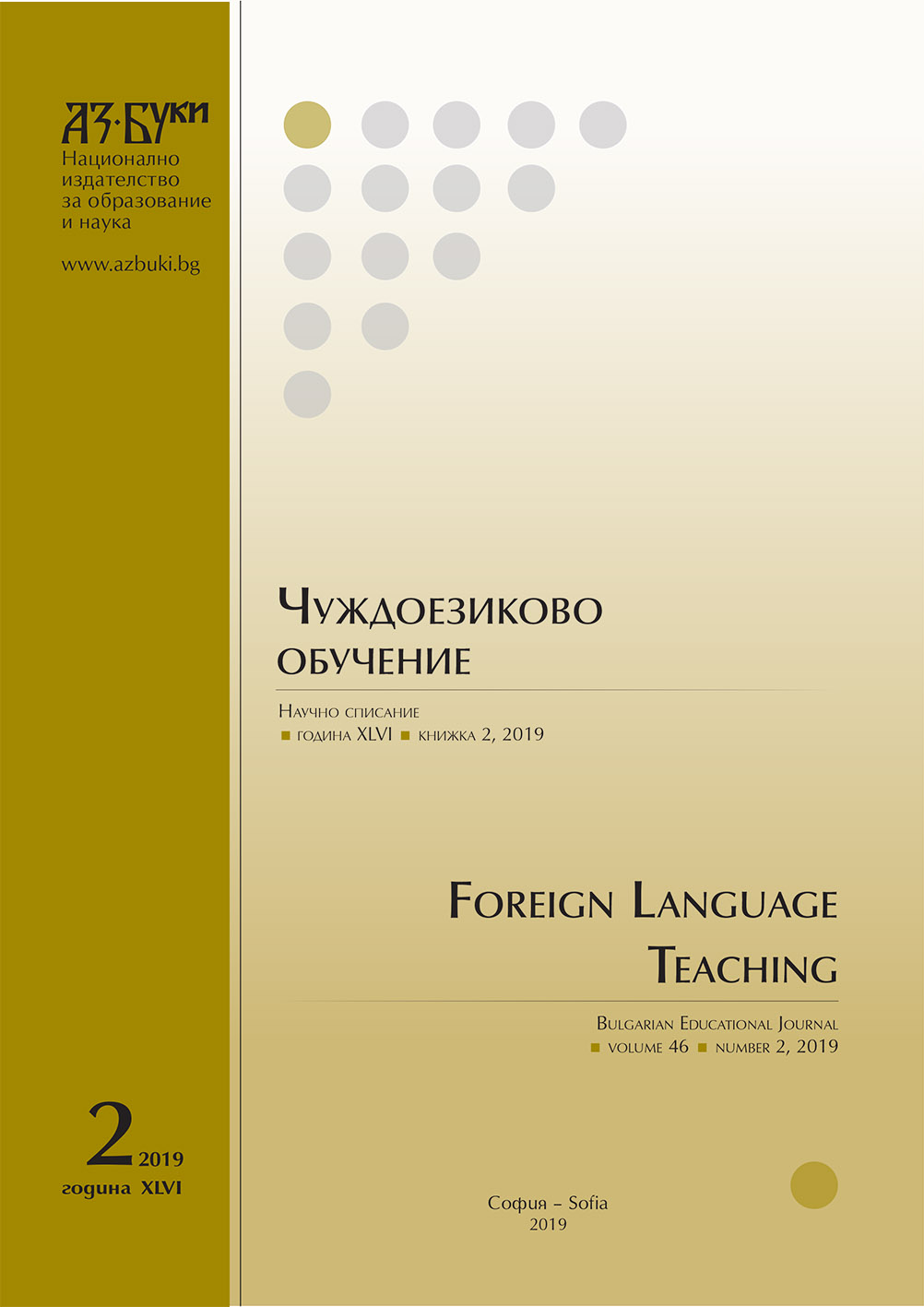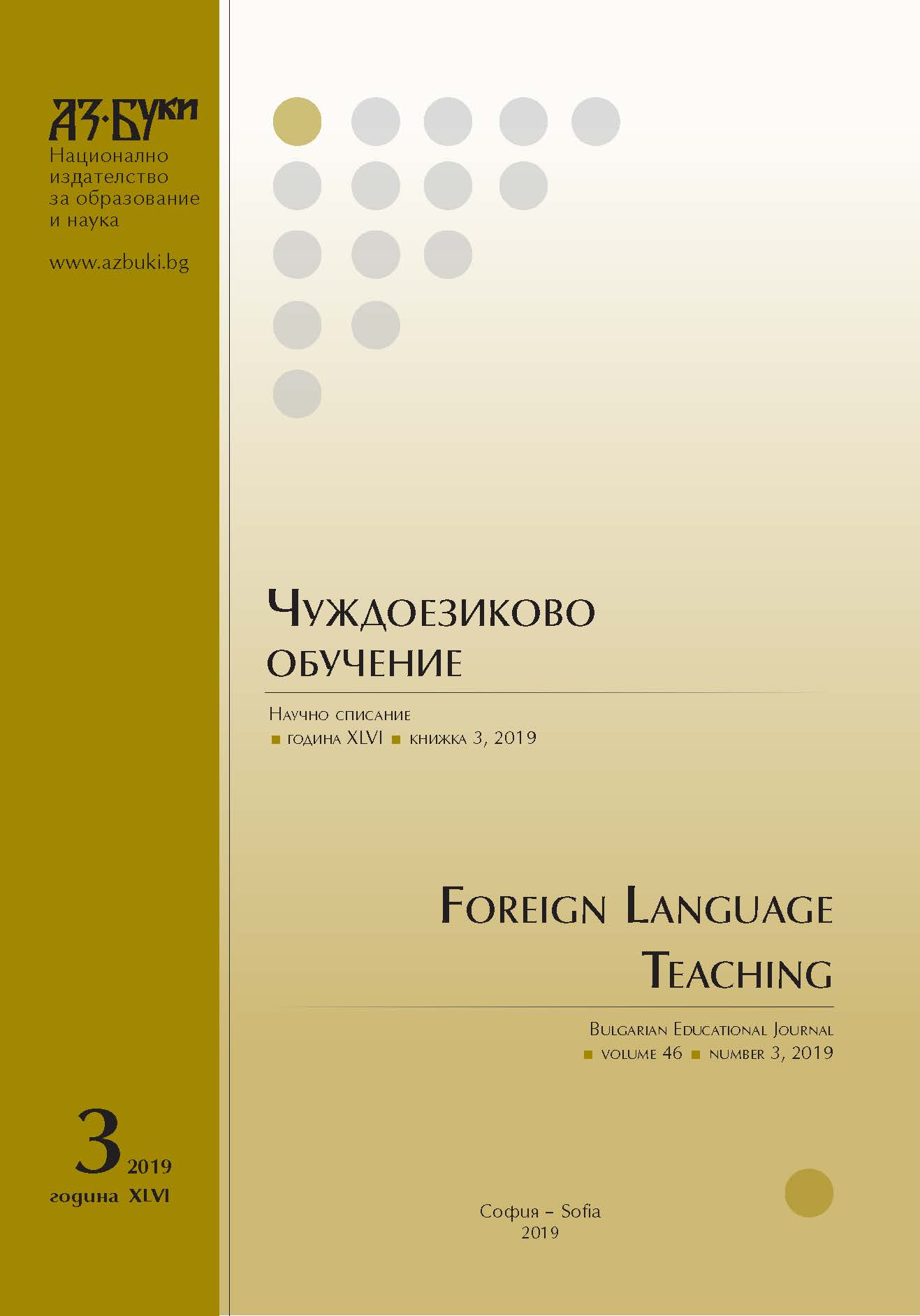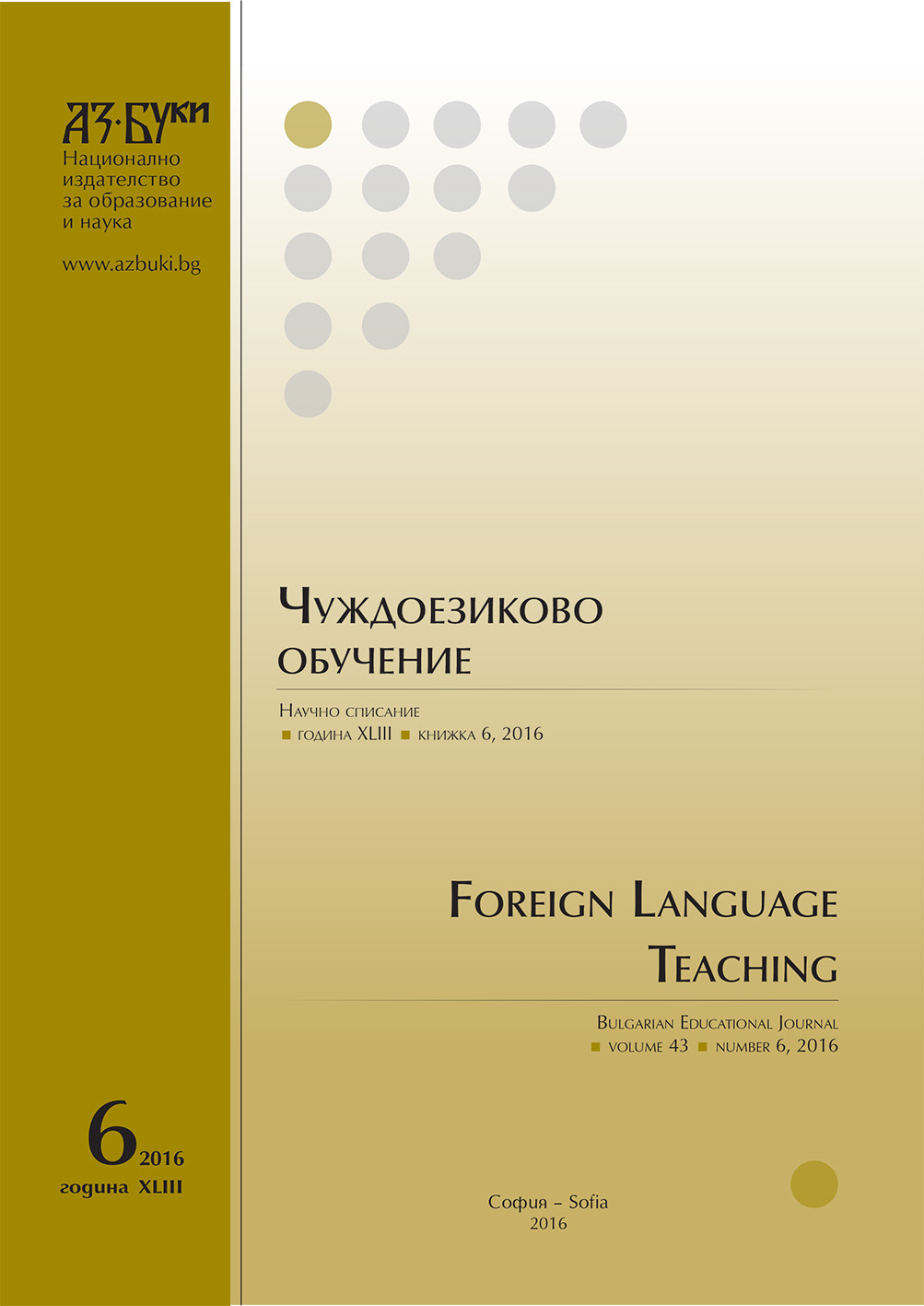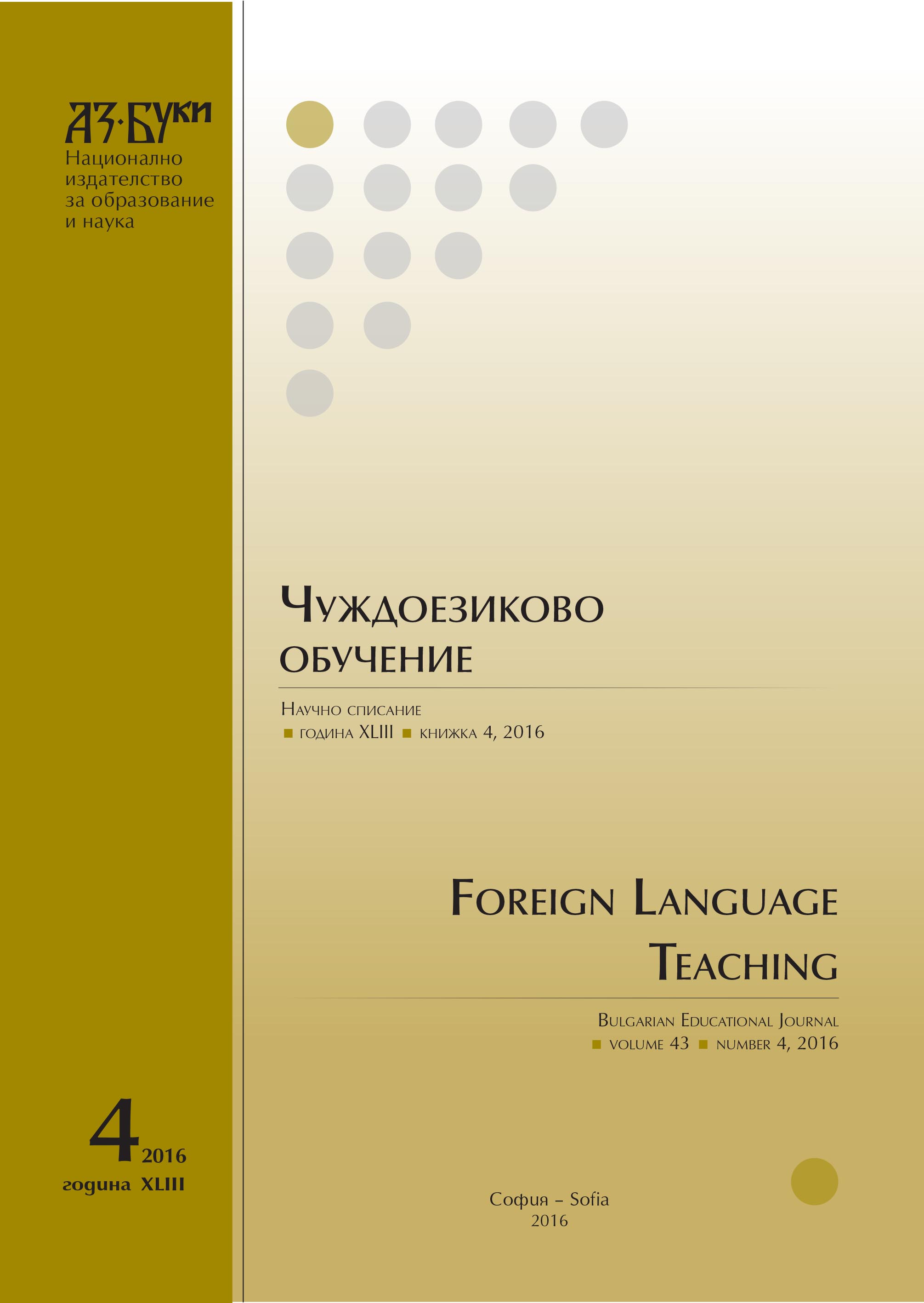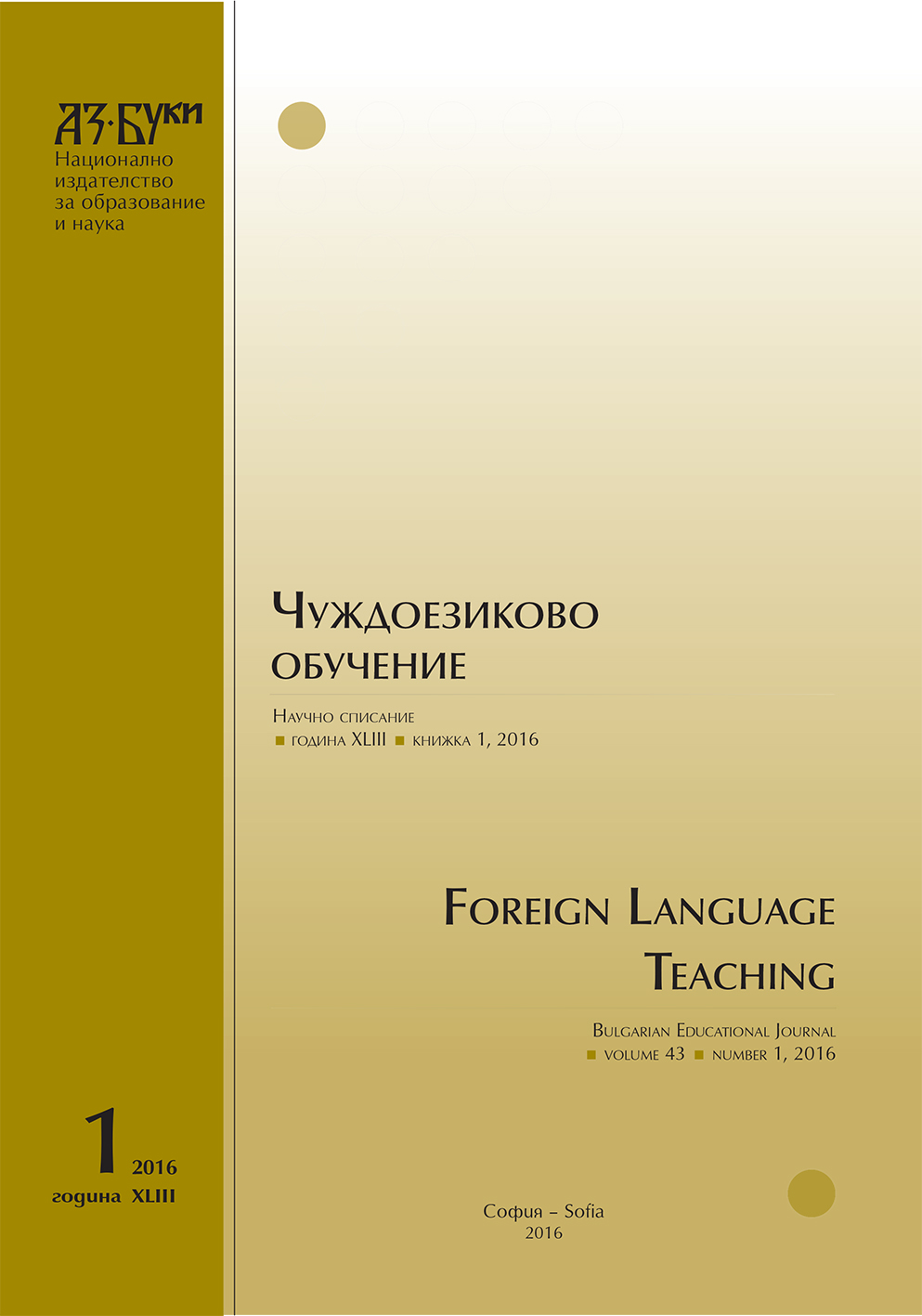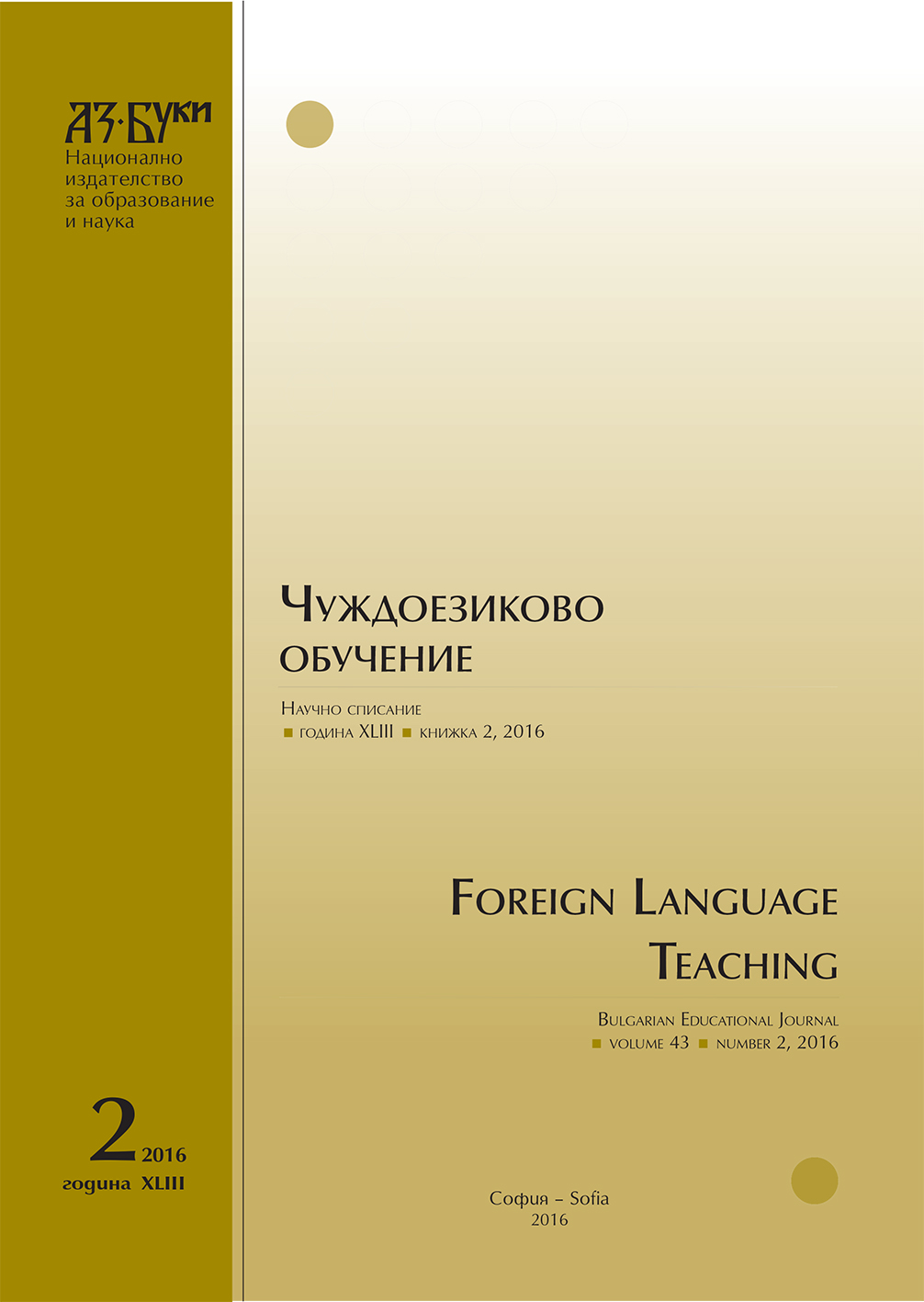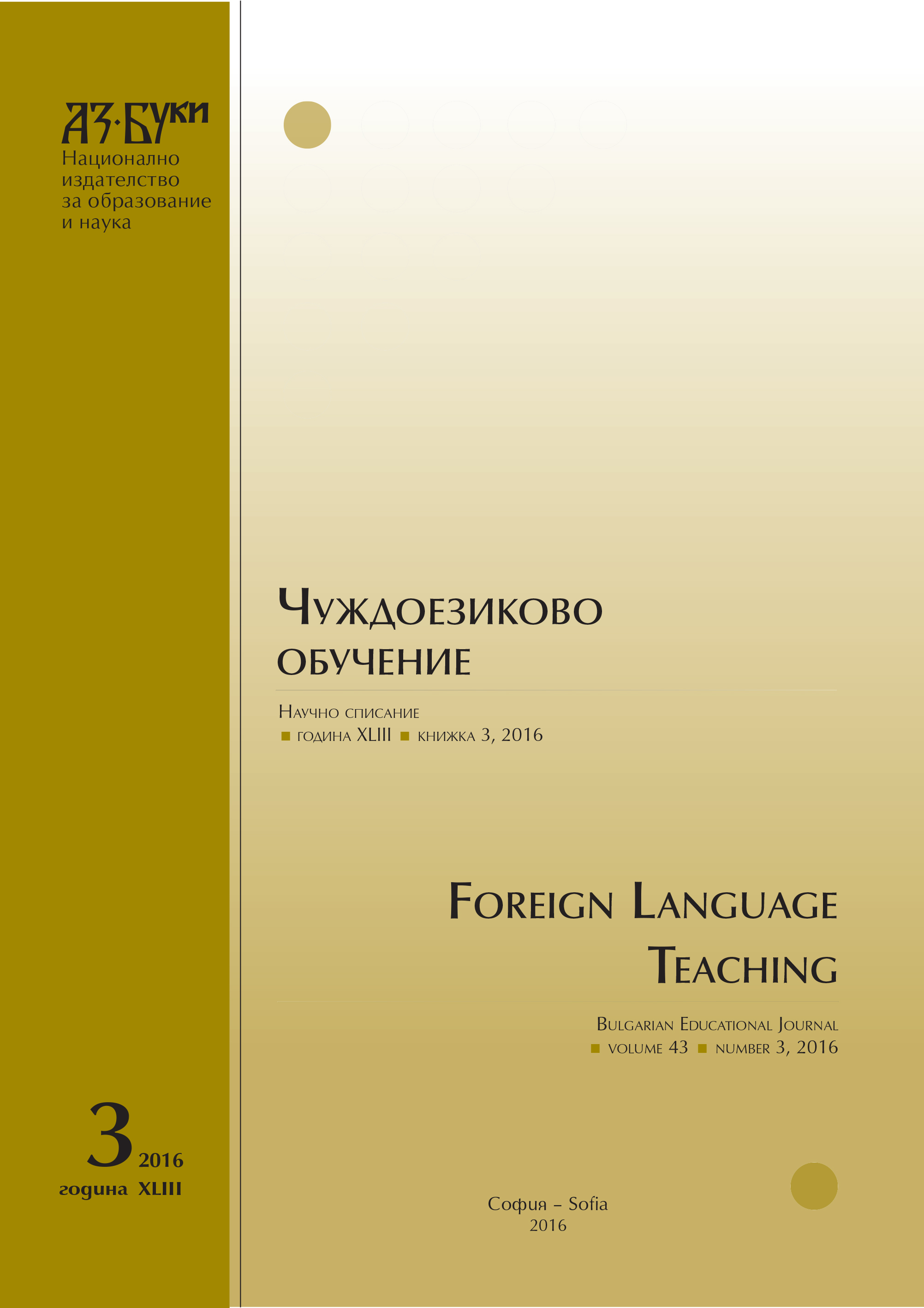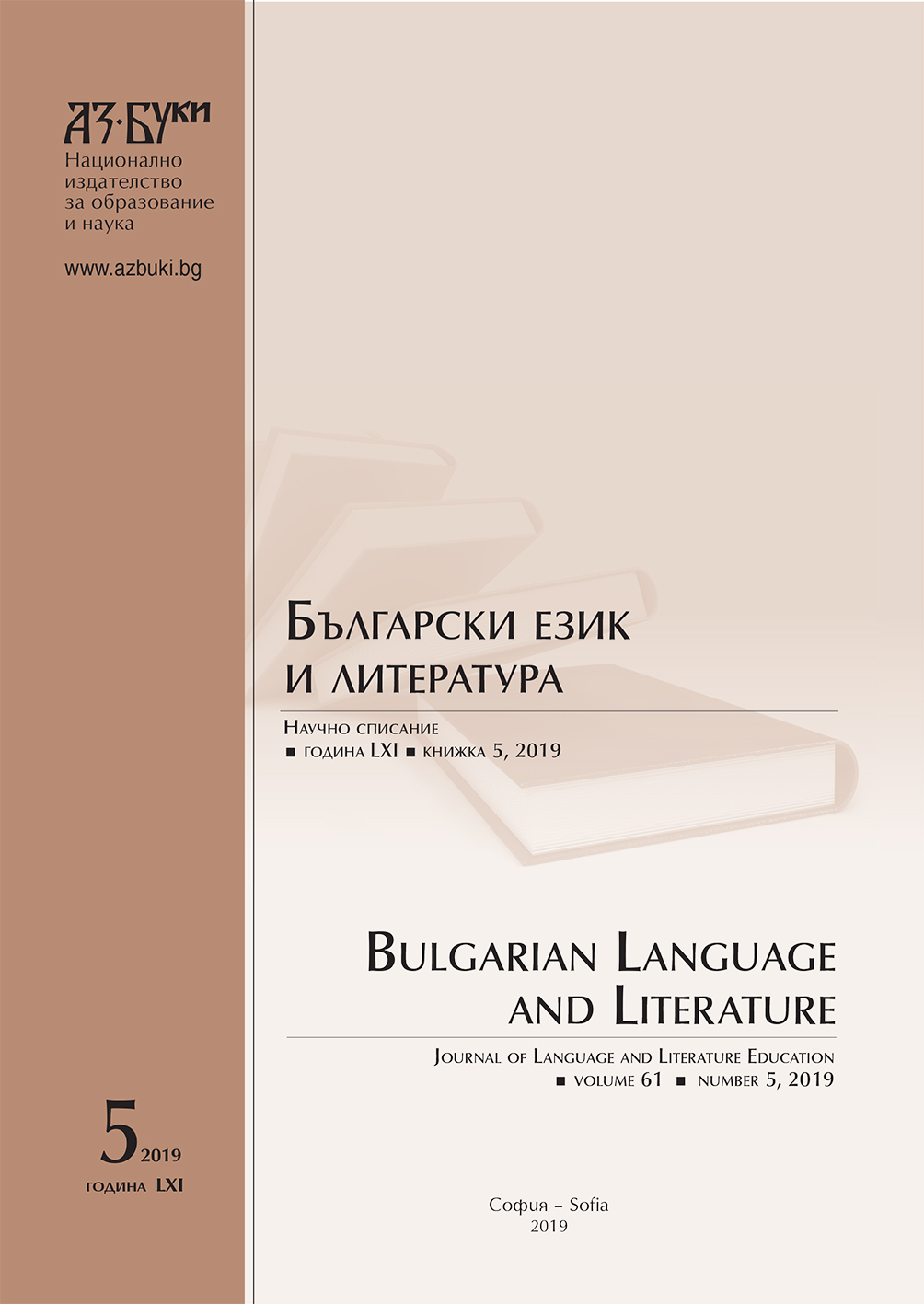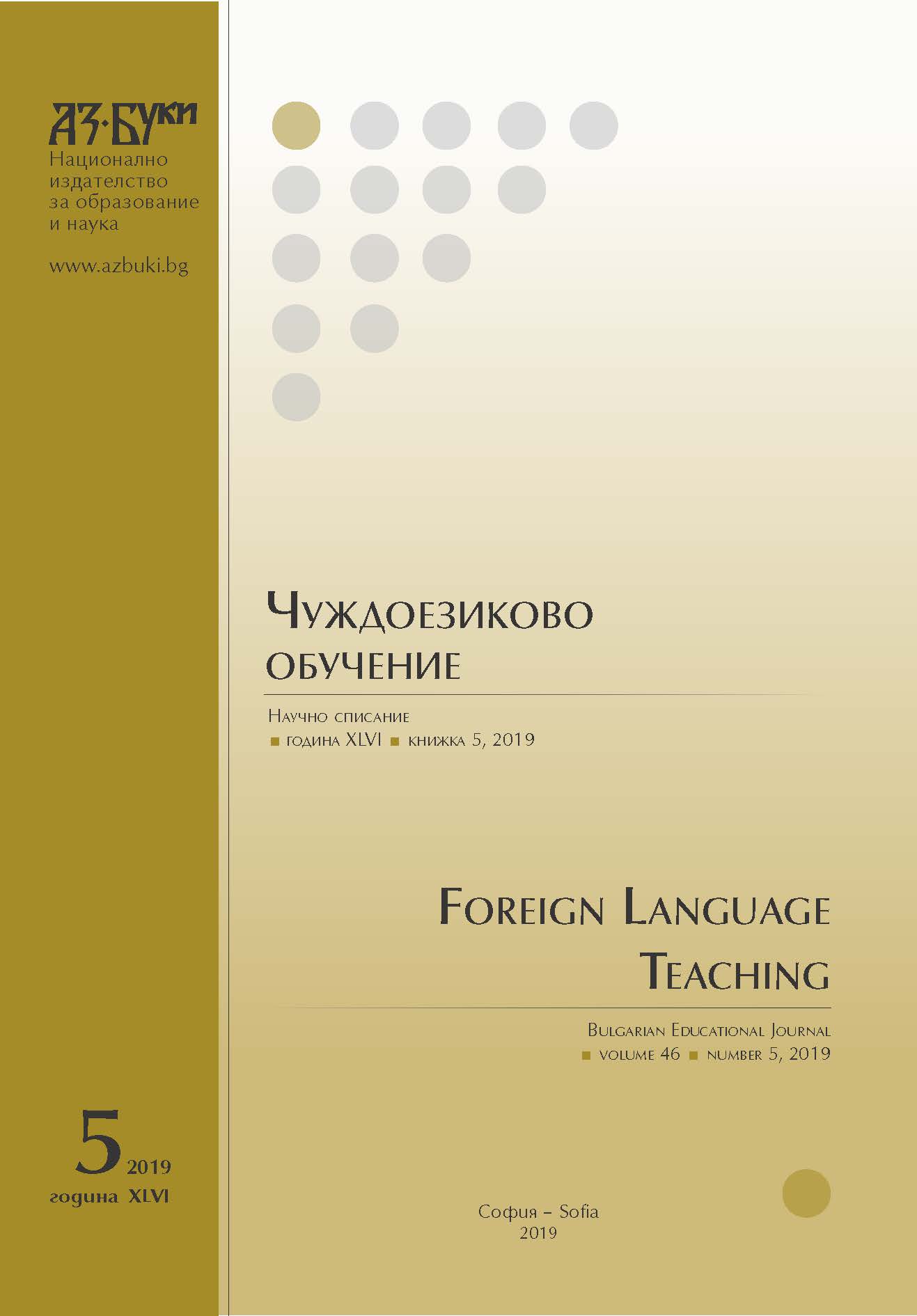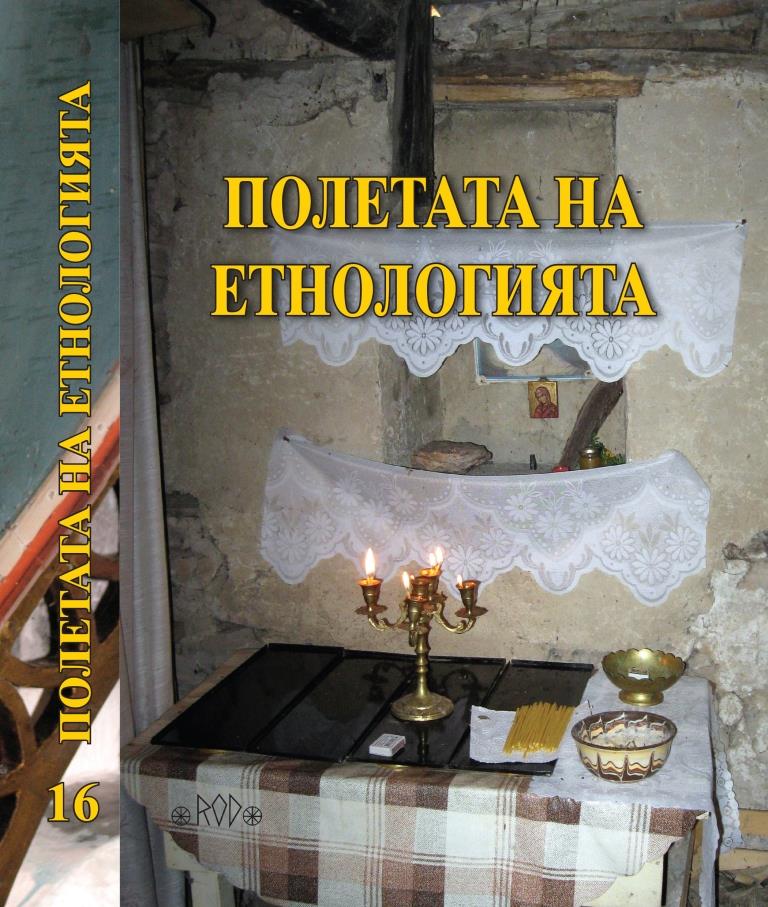
Произходът на българските фразеологизми ‒ между филологията и фолклористиката
The article illustrates two approaches in the development of hypothesis regarding the origin of phraseological units. The author tries to examine the positive trends as well as the most popular mistakes in the fields of linguistics and folk studies. A successful combination of these two approaches is presented as a conclusion.
More...
